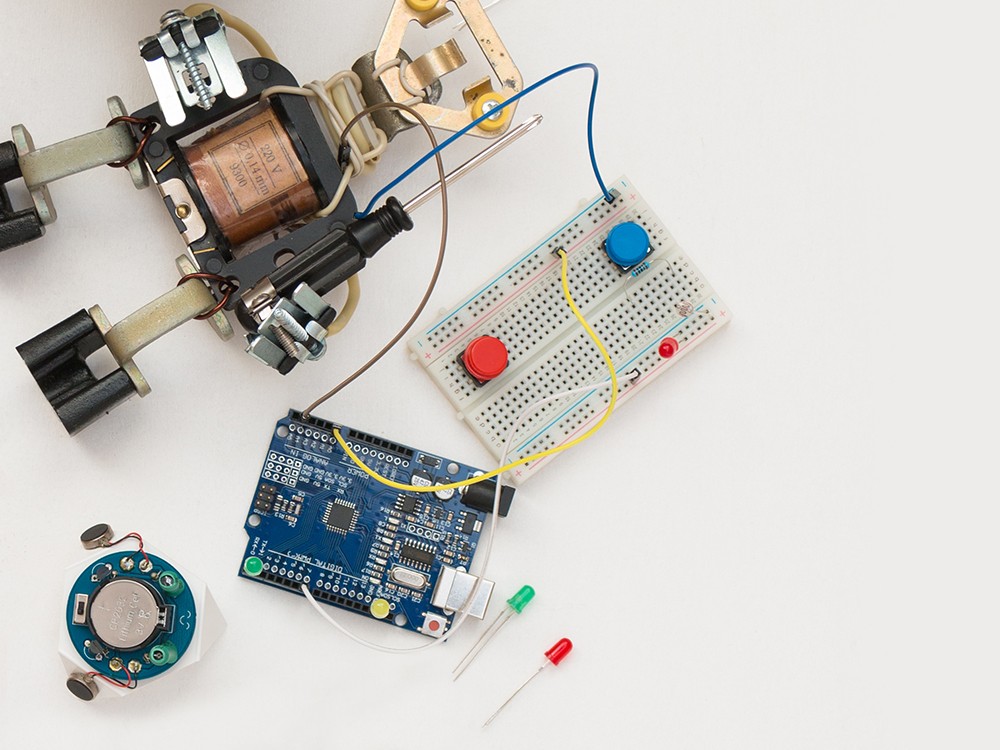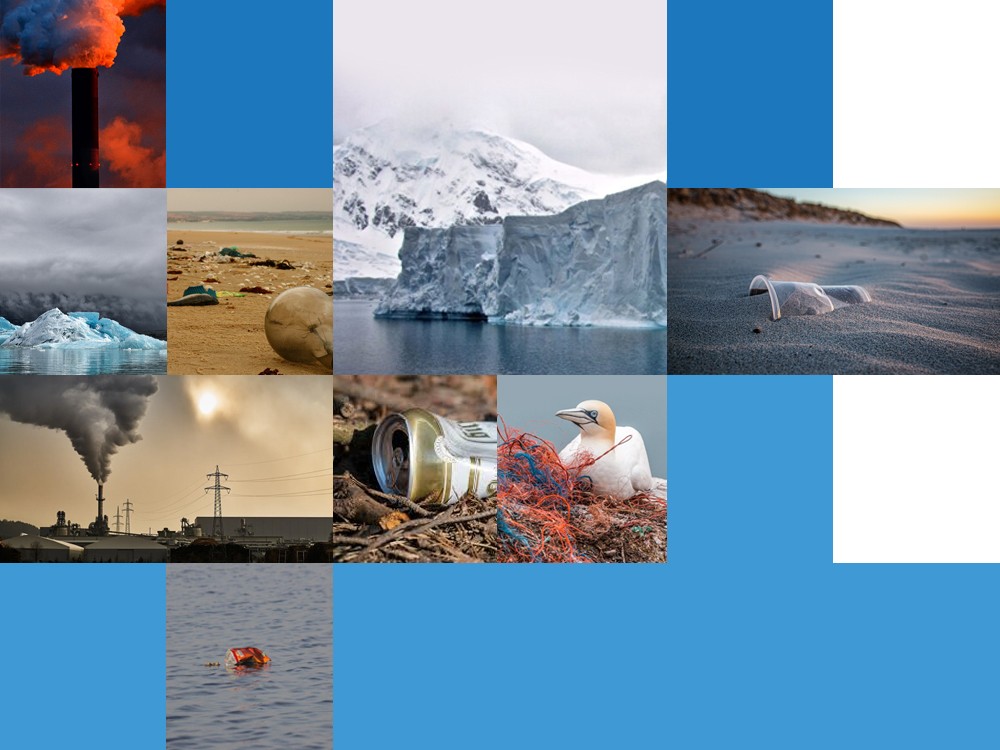The BIG GAME project addresses the three common needs identified at the European level, which are (1) to promote the STEM approach in learning, (2) to support digital transformation, and (3) to support the fight against climate change.
First, as interest in studying science subjects has declined across Europe, according to research findings, there is a perceived Europe-wide recognition of the need to promote and increase the STEM approach in teaching.
Second, as part of digital transformation and the recognition of digital skills as crucial for citizens of current and future society, everyone should gain basic skills in basic education to master various ICT tools and working methods (e.g. Teknologiateollisuus.fi). Schools and teachers have a tremendous role in this task, as it is impossible to influence the equipment and practices of homes in large populations. However, according to OECD (https://www.oecd.org/skills/piaac/), gaps in the digital skills of European teachers have been identified, as they often do not have the time or the opportunities offered by the work environment to adopt new technology-based ways and methods of learning.
Third, the BIG GAME project deals with the issue of climate change and fighting against it. The values considering the climate are common and shared deeply between the Europeans of any age. Recent international surveys of values for young people (e.g. 2017 Eurobarometer/Flash Eurobarometer 455; the 2017 World Economic Forum Global Shapers Survey) show that climate change, environmental protection and ecological issues are the youth’s key concerns and are their most serious questions about the future. Also, the fight against climate change, alongside education, was seen in the eyes of the EU youth as a key task for the EU.
In this context, the project's objectives are:
- Promoting interest and excellence in science, technology, engineering, and mathematics (STEM) approach
to education through multidisciplinary learning and problem-solving related to environmental context, in the form of a serious learning game;
- Supporting digital transformation in schools by providing an online and hybrid learning model
as well as digital storytelling approach based methodology and tools to be used in learning and cooperation in digital environments;
- Supporting the versatile accumulation of digital skills of both teachers and 11-16-year-old students;
- Raising awareness of environmental and climate change issues and engaging in the fight against climate change
through impressive and attitude-shaping immersive learning experiences.


